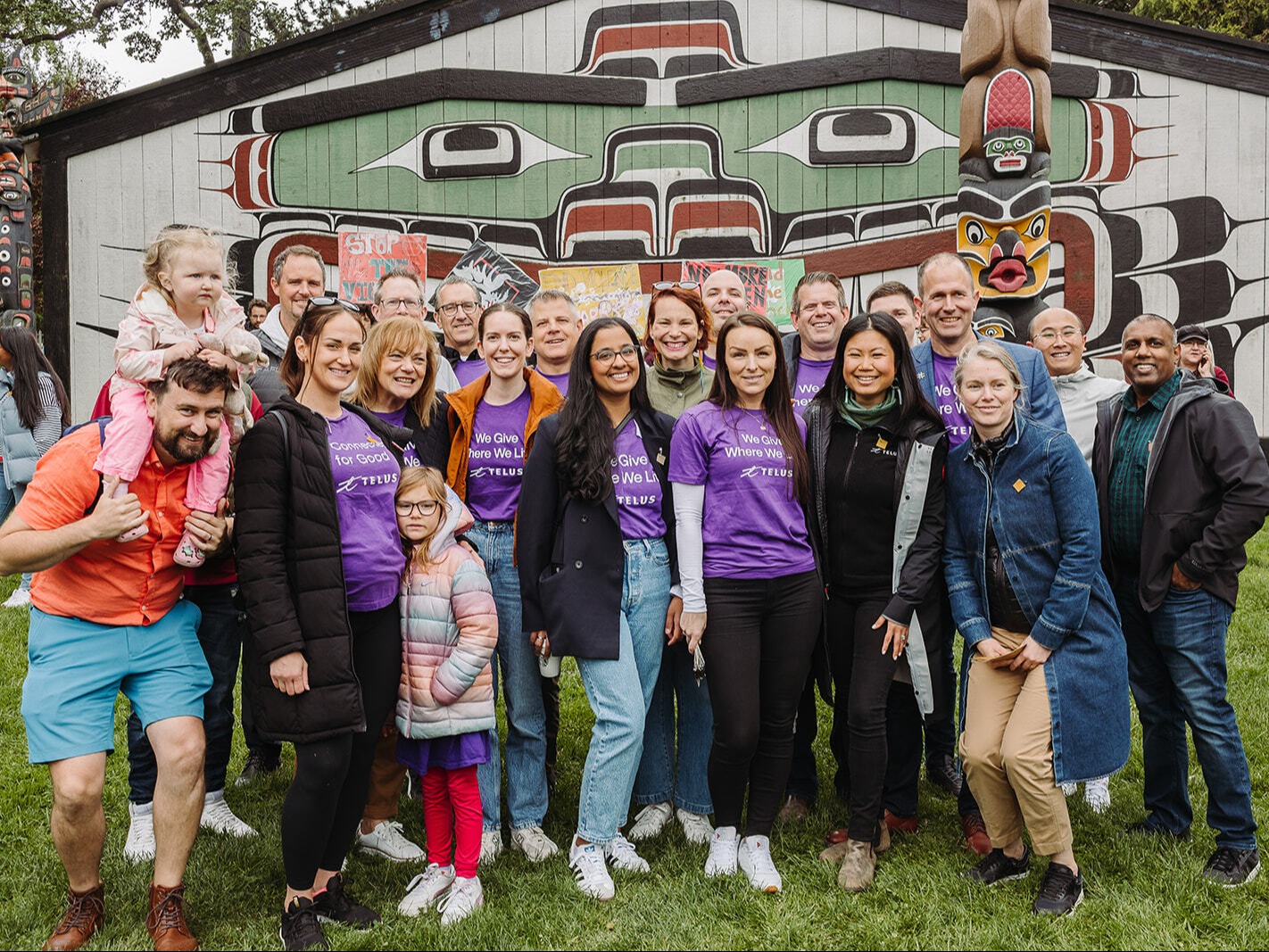
Connecting Canada
Why the virtual, flexible future of work is good for business
May 4, 2022
(Above) TELUS employees had positive virtual work experiences even before the pandemic. Photo by Tijana Martin
After two long years, and several false starts, a return to the office is finally happening across North America.
Like other leading employers, my company recently announced that we’ll gradually open our doors in April. That doesn’t mean we’re going back to life as we knew it before COVID-19.
A lot has happened since March 2020. The world has changed. We’ve changed.
And while others may struggle to find their way in the post-pandemic paradigm, we’re more confident than ever about what the future looks like for our 55,000 TELUS team members: It’s virtual, flexible, and designed to support improved productivity and individual well-being.
When our offices reopen approximately 90% of team members will continue to collaborate and connect virtually—wherever and whenever it makes sense for the individual and their team.
Gone are a prescribed number of days per week or “9 to 5” in the office. Our team members can organize their day in a way that optimizes their time in the office and outside. For example, a team member can drop-off and pick up their kids, commute to the office in between, and use our collaboration and gym facilities while they’re onsite. They can also work virtually when they want to engage in more focused deliverables or collaborate with other virtual colleagues.
It’s a partnership grounded in trust, and it works.
SETTING A PRECEDENT
How do we know? We anticipated the mobile work trend back in 2006 when we introduced what is now a well-established program we call Work Styles.
It started as a way to strengthen employee engagement and give us a sustained competitive advantage. Showing up has never been enough for us; we want each and every one of our team members to understand and share in our goals.
Our leaders were initially concerned that collaboration and productivity would suffer if they couldn’t see workers at their desks. But by setting the tone and expectation early on, they knew how to show up and leverage all of the tools and resources available.
We’ve never looked back.
By 2020, 75% of our workforce was virtual approximately three days per week. So ingrained is Work Styles in our culture, we were well positioned to transition almost all team members safely home when the pandemic struck.
PANDEMIC WORK STYLES PAID OFF
In the process, engagement has soared to 84%, up from 53% in 2006, and our Work Styles satisfaction rate consistently scores over 90%.
We’ve also seen other measurable improvements:
- We’ve realized a 32% decrease in absenteeism and enabled business continuity, and our leaders report no loss in productivity.
- We’ve achieved a 50% reduction in total floor space since 2010.
- Pre-pandemic, we avoided more than 20,000 tons in CO2 emissions and saved 102 million miles and 3.4 million hours in commuting.
Human connection remains a cornerstone of our culture, and our offices will continue to play an essential role in bringing people together. We’ve committed U.S.$50 million to transform our offices into social workspaces that reflect our culture and promote collaboration, innovation, connection, and well-being.
We’ll also continue to procure best-in-class technology to provide our teams with a seamless and intuitive virtual experience. And, as we increase our focus on flexibility, leaders are encouraged to trust team members to make good decisions about how and when they work, and what they can reasonably manage.
We started this journey as an investment in people, and we are committed to deepening that investment. Let’s make the future of work friendly, together.

Sandy McIntosh is the executive vice president, People & Culture and chief human resources officer at TELUS, a dynamic, world-leading communications and technology company.


